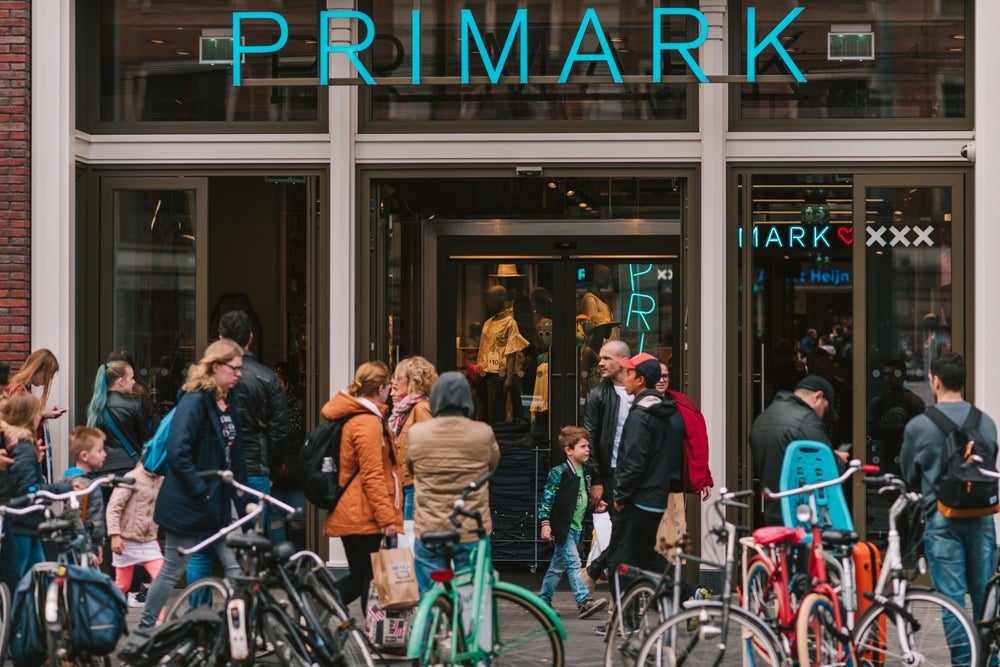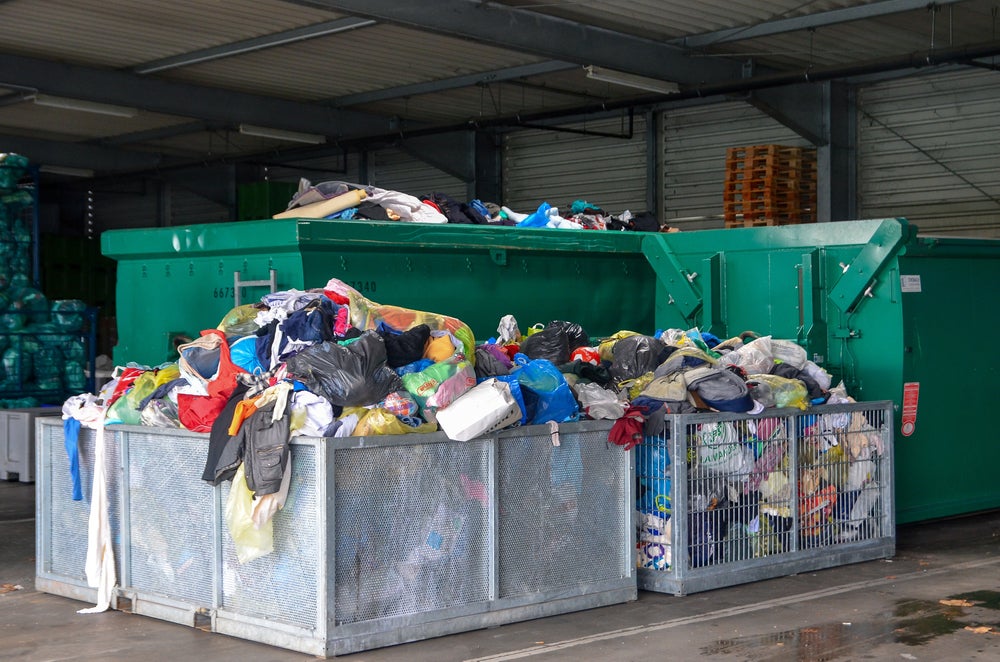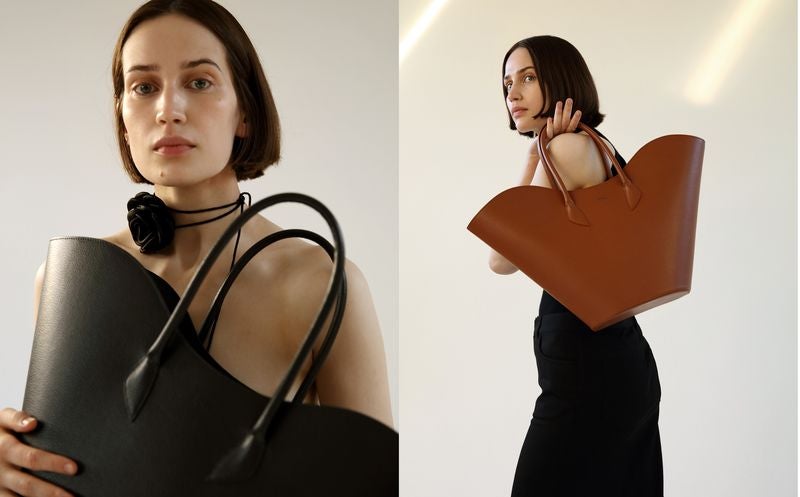Key areas of focus will include expanding Primark’s textile donation schemes and addressing barriers that prevent consumers from donating used clothes. The partnership will explore innovative ways to keep clothing in circulation longer, leveraging WRAP's expertise in behavioural science through its subsidiary, Behaviour Change.
Primark’s existing takeback partner, Yellow Octopus, will also play an advisory role in the initiative.
The collaboration supports the retailer's broader sustainability strategy and its commitment to making clothes recyclable by design by 2027.
A recent WRAP study found that 1.6bn items of clothing are left unused in wardrobes across the UK, with almost half of used textiles being discarded as general waste. Despite Primark’s takeback scheme ranking as the fifth most used in the UK, only 22% of survey respondents reported having ever participated in such schemes. This knowledge gap highlights a broader issue of consumer awareness, which the new partnership aims to address.
WRAP and Primark have already started consolidating knowledge and conducting research to better understand consumer behaviour around textile donations. The research identifies key barriers and motivations for donating clothes and aims to enhance public understanding of Primark's donation options.
As the partnership with WRAP progresses, insights from their research will help shape pilot projects for expanding Primark’s textile donation schemes and potentially launching other circular clothing initiatives.
Primark has also contributed to WRAP's Durability Research Project, working to develop a Durability Framework that sets industry standards for extending the life of clothing. By making the framework publicly available, Primark hopes to foster dialogue and cooperation across the fashion industry to support longer-lasting and more durable products.
Primark Cares director Lynne Walker said: “Combining our expertise will allow us to better understand consumer behaviour, enhance our takeback schemes, and scale our circularity initiatives. We believe that by working together, we can make a meaningful impact in driving change across the fashion industry.”
WRAP’s director of behaviour change and business programmes Catherine David echoed these sentiments, highlighting the need for industry-wide action to reduce the environmental impact of textiles.
“Circular living is a key business opportunity for this generation. Without widespread scaling of circular business models that are accessible to people, the world will not be able to achieve vital carbon and water reductions," she added.















